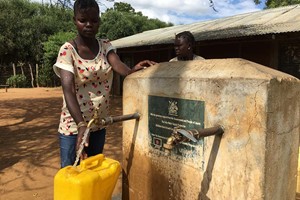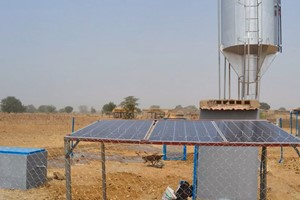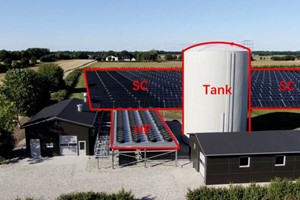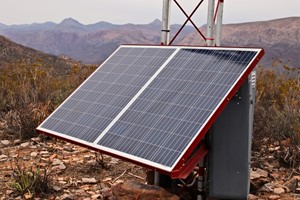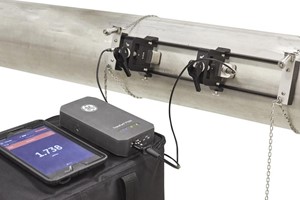In Nabilatuk district, Karamoja, the introduction of piped water, powered by solar pumps, marks a significant advancement in promoting human health amidst challenging environmental conditions exacerbated by climate change.
Teresa Longole vividly recalls the daily ritual of trekking ten kilometers to a seasonal river, shared by both humans and animals, to collect water tainted with contaminants. The dire consequences of consuming such water were evident, with diarrheal diseases ranking among the leading health concerns in the district. Longole's experience is emblematic of the struggles faced by many families in Karamoja, where access to clean water was a distant dream, particularly during droughts.
Recognizing the urgent need for intervention, especially in the face of climate change-induced droughts, the government of Uganda and international partners took swift action during the COVID-19 pandemic in 2020. They spearheaded the installation of solar-powered water systems across the region, bringing clean water to every village in Nabilatuk district.
The impact of this initiative is palpable. Longole and her community now have access to clean water from a solar-powered pump just a few meters from her home. No longer burdened by the grueling task of fetching water from distant and contaminated sources, Longole and her family now enjoy the convenience and safety of readily accessible clean water. Moreover, Longole actively participates in the solar water system management committee, ensuring the sustainable use and preservation of this precious resource.
Dr. Peter Lokwang, the acting District Health Officer, attests to the tangible health benefits brought about by the improved water system. The prevalence of diarrheal diseases has plummeted, freeing up vital healthcare resources and improving overall well-being in the community. With renewed emphasis on hand hygiene, school absenteeism due to illness has decreased, allowing children to remain in class and thrive academically.
However, amid the celebration of improved access to water, it is crucial to heed the cautionary words of James Ocaa. While easy access is a significant milestone, ensuring water safety requires a comprehensive understanding of safe water practices and technologies. Ocaa stresses the importance of addressing potential contamination points along the water chain, from source to consumption.
Furthermore, the long-term sustainability of access to clean water faces challenges amid shifting climate patterns. Paul Lokol highlights the increasing difficulty of drilling shallow wells as water tables recede, necessitating deeper and more costly drilling efforts. Additionally, the region's mineral-rich composition raises concerns about water quality, necessitating regular and rigorous testing to safeguard public health.
Despite these challenges, the introduction of solar-powered water pumps has undeniably improved the lives of villagers in Nabilatuk district. Paul Ngiro, a resident of Ajokolup village, expresses gratitude for the transformative impact of clean water on his family's daily life. The reduction in waterborne diseases and the decline in the prevalence of illnesses such as trachoma signify the profound health benefits associated with access to clean water.
By Pius Sawa




